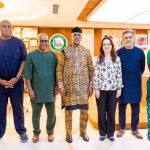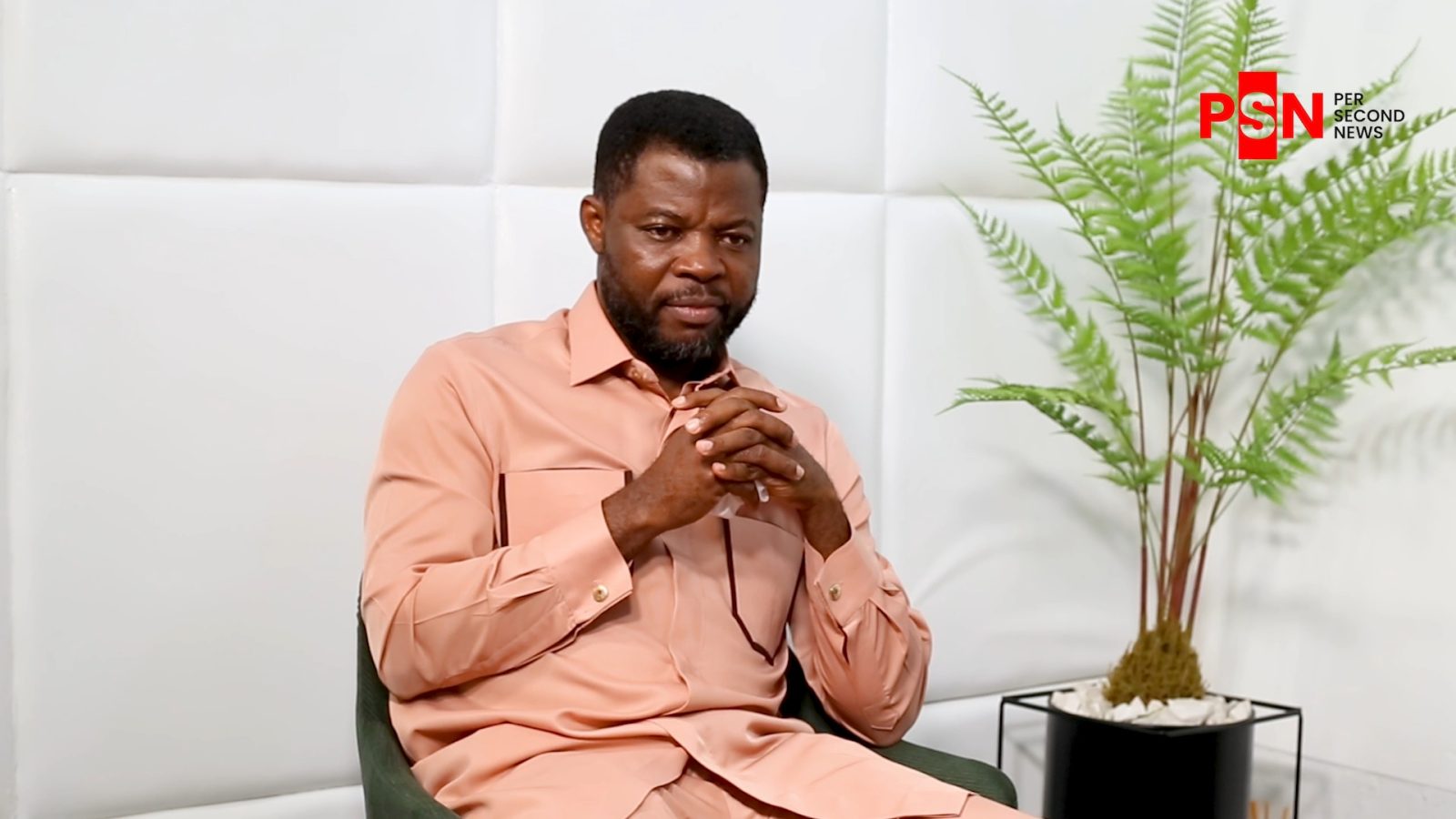Prof. Rose-Margaret Ekeng-Itua, who dreamed about creating programs and technologies that will impact the world positively, has become the first black woman in the world to earn a doctorate degree in cybernetics.
Ekeng-Itua is a professor of engineering at Ohlone College with over 15 years of experience in higher education.
Before moving to the US, she was the chair of the engineering department and a distinguished and senior lecturer at the University of West London, London, UK.
She holds a B.Eng. (Hons.) in Electrical/Electronic Engineering from the Federal University of Technology Owerri, Nigeria; an MSc. in Mobile and Satellite Communication Engineering from the University of Surrey, Guildford, UK; and a Ph.D. in Cybernetics from the University of Reading, UK.
The scientific study of cybernetics compares the communication of information in machines and electronic equipment to that of the brain and nervous system.
Ekeng-Itua is a pioneer educator, administrator, and engineer, championing leading roles in Science, Technology, Engineering, and Mathematics (STEM) challenges in Africa and paving the way for African youth, especially girls.
Prof. Ekeng-Itua is a multi-award-winning engineering professor with over 20 years of experience in engineering and STEM education across the USA, Europe, and Africa, leading the creation of innovative STEM programs.
Her fascination with technology took root in her childhood in Nigeria.
Surrounded by a culture that often discouraged girls from pursuing scientific fields, she found her passion in understanding how things worked and the potential for innovation.
Speaking about challenges encountered in achieving success in a recent interview, Ekeng-Itua said: “Every challenge became fuel for my determination. I realized that my success would not only open doors for myself but would serve as an example for other women and girls who might otherwise doubt their capabilities.”
“I am a dreamer-doer-Thinker, so I always had dreams, but my dreams were not necessarily focused on being ‘great’, but more on how I could be a positive change agent and how to create initiatives, programs and technologies that will impact the world positively.
“I am human-centric in my approach to making positive change; hence, the field of cybernetics gave me that opportunity, as cybernetics is centred on the purposeful design of technologies for society and humans.
“This has always been my passion, and pursuing my passion and the dream to disrupt some societal misnomers propelled me to being the first black woman to earn a doctorate degree in cybernetics.
Being the first in anything is always retrospective; for me, the initial focus is always creating a positively transformative impact.”
The female scholar further said her passion for mathematics and physics at an early age informed her choice of career.
“I wanted to pursue a career that would give me the opportunity for creativity, innovation, collaboration, and positive impact in communities,” she added.
“It was also born from my wish at the age of nine to create platforms that connected the world to foster global unity for progress and an appreciative understanding of global cultures.
“At that young age, I noticed a huge disconnect in what the Global North thought they knew about Africa, which I call the Global South.”







































Leave a comment